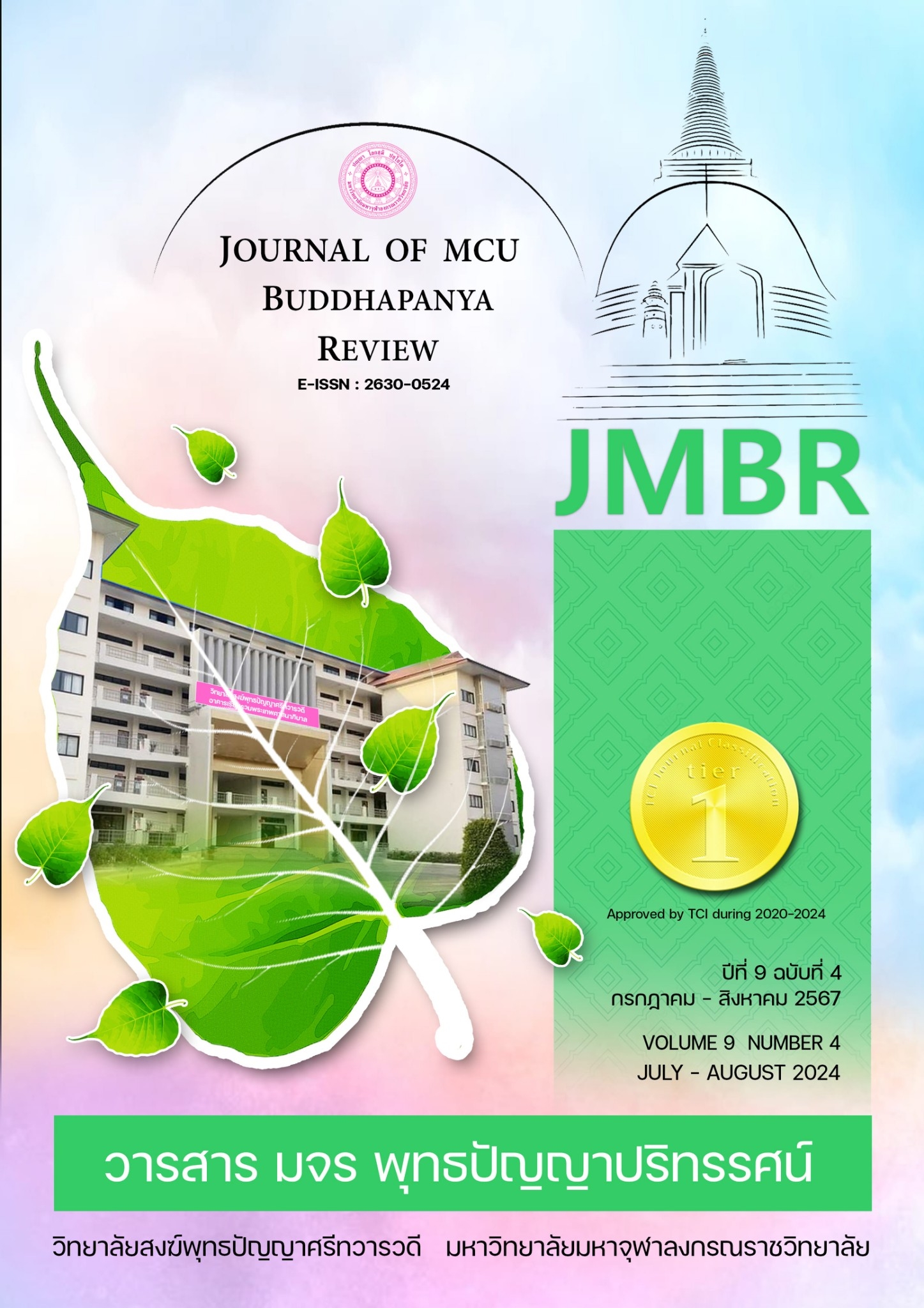Strategies for Professional Development of Rural Primary School Teachers in Heilongjiang Province, China
คำสำคัญ:
Strategies, professional development, Rural teachers, Rural Educationบทคัดย่อ
This quantitative investigation elucidates the professional development paradigms among rural primary school teachers in Heilongjiang Province, China. Employing a rigorously designed questionnaire informed by an exhaustive review of pertinent literature, the study probes various dimensions of professional development across a significant rural educational landscape. The survey instrument, comprising 106 items, was administered to a stratified sample of 495 individuals, including 165 school administrators and 330 teachers, drawn from 165 rural elementary schools as determined by Krejcie and Morgan's sample size determination framework (1970). The analytic approach centered on Exploratory Factor Analysis (EFA) using SPSS software to distill key factors impacting professional development. The analysis revealed that continuous learning, training opportunities, government support and policy, personal motivations and attributes, and networking significantly influence the professional trajectory of these educators. The robustness of the survey's construct validity is evidenced by high Cronbach's alpha values across all variables, affirming the reliability of the findings. This study contributes to the field by delineating the core elements that facilitate or impede professional growth in rural educational settings, providing a scaffold for policy and practice aimed at enhancing teacher effectiveness in underserved areas.
เอกสารอ้างอิง
Hasibuan, S. (2022). The Effect of Organizational Culture, Principal Leadership and Motivation on Teacher Performance in Madrasah. AL-TANZIM: Jurnal Manajemen Pendidikan Islam, 6(1), 41–53. https://doi.org/10.33650/al-tanzim.v6i1.3228
Rostini, D., Zaeni Achmad Syam, R., & Achmad, W. (2022). The Significance of Principal Management on Teacher Performance and Quality of Learning. AL-ISHLAH: Jurnal Pendidikan, 14(2), 2513–2520. https://doi.org/10.35445/alishlah.v14i2.1721
Van Waeyenberg, T., Peccei, R., & Decramer, A. (2022). Performance management and teacher performance: the role of affective organizational commitment and exhaustion. International Journal of Human Resource Management, 33(4), 623–646. https://doi.org/10.1080/09585192.2020.1754881
Kagema, J., & Irungu, C. (2018). an Analysis of Teacher Performance Appraisals and Their Influence on Teacher Performance in Secondary Schools in Kenya. International Journal of Education, 11(1), 93. https://doi.org/10.17509/ije.v11i1.11148
Akhtar, S., Khan, K. U., Atlas, F., & Irfan, M. (2022). Stimulating student’s pro-environmental behavior in higher education institutions: an ability–motivation–opportunity perspective. Environment, Development and Sustainability, 24(3), 4128–4149. https://doi.org/10.1007/s10668-021-01609-4
Warman, W., Poernomo, S. A., Januar, S., & Amon, L. (2021). Leadership Style and Principal Supervision in Improving Teacher Performance at State High Schools in Kutai Kartanegara Regency, East Kalimantan Province, Indonesia. EduLine: Journal of Education and Learning Innovation, 2(1), 17–24. https://doi.org/10.35877/454ri.eduline581
Hein, V., Ries, F., Pires, F., Caune, A., Emeljanovas, A., Ekler, J. H., & Valantiniene, I. (2012). The relationship between teaching styles and motivation to teach among physical education teachers. Journal of Sports Science and Medicine, 11(1), 123–130.
Bektas, F., Kılınç, A. Ç., & Gümüş, S. (2020). The effects of distributed leadership on teacher professional learning: mediating roles of teacher trust in principal and teacher motivation. Educational Studies, 48(5), 1–23. https://doi.org/10.1080/03055698.2020.1793301
Hasibuan, S. (2022). The Effect of Organizational Culture, Principal Leadership and Motivation on Teacher Performance in Madrasah. AL-TANZIM: Jurnal Manajemen Pendidikan Islam, 6(1), 41–53. https://doi.org/10.33650/al-tanzim.v6i1.3228
ดาวน์โหลด
เผยแพร่แล้ว
รูปแบบการอ้างอิง
ฉบับ
ประเภทบทความ
สัญญาอนุญาต
ลิขสิทธิ์ (c) 2024 วารสาร มจร พุทธปัญญาปริทรรศน์

อนุญาตภายใต้เงื่อนไข Creative Commons Attribution-NonCommercial-NoDerivatives 4.0 International License.



